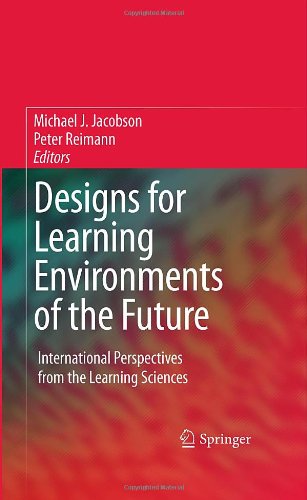

Most ebook files are in PDF format, so you can easily read them using various software such as Foxit Reader or directly on the Google Chrome browser.
Some ebook files are released by publishers in other formats such as .awz, .mobi, .epub, .fb2, etc. You may need to install specific software to read these formats on mobile/PC, such as Calibre.
Please read the tutorial at this link: https://ebookbell.com/faq
We offer FREE conversion to the popular formats you request; however, this may take some time. Therefore, right after payment, please email us, and we will try to provide the service as quickly as possible.
For some exceptional file formats or broken links (if any), please refrain from opening any disputes. Instead, email us first, and we will try to assist within a maximum of 6 hours.
EbookBell Team

4.8
104 reviewsFew things are as certain as societal changes—and the pressing need for educators to prepare students with the knowledge and ways of thinking necessary for the challenges in a changing world. In the forward-thinking pages of Designs for Learning Environments of the Future, international teams of researchers present emerging developments and findings in learning sciences and technologies at the infrastructure, curricular, and classroom levels.
Focusing on ideas about designing innovative environments for learning in areas such as biology, engineering, genetics, mathematics, and computer science, the book surveys a range of learning technologies being explored around the world—a spectrum as diverse as digital media, computer modeling, and 3D virtual worlds—and addresses challenges arising from their design and use. The editors’ holistic perspective frames these innovations as not only discrete technologies but as flexible learning environments that foster student engagement, participation, and collaboration. Contributors describe possibilities for teaching and learning in these and other cutting-edge areas:
Designs for Learning Environments of the Future will enhance the work of a wide range of professionals, including researchers and graduate students in the learning and cognitive sciences, and educators in the physical and social sciences.